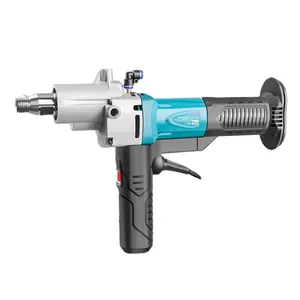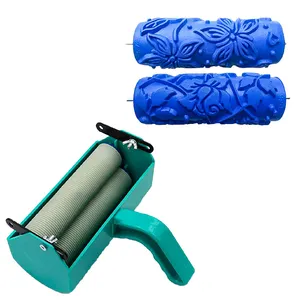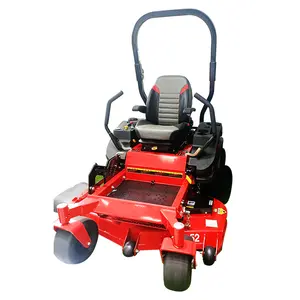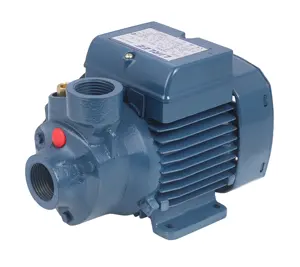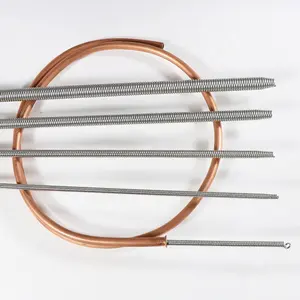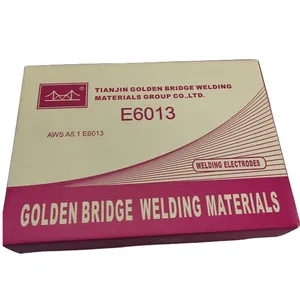Popular in your industry



























































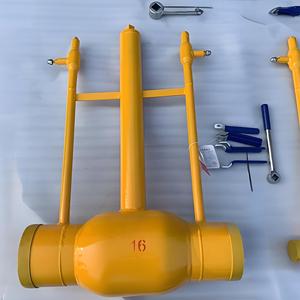






Related Searches:





































































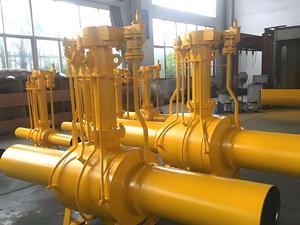

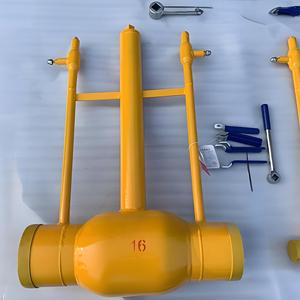
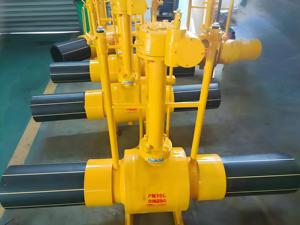





























































Top categories
About buried ball valve
Introduction to Buried Ball Valves
Buried ball valves are essential components in modern piping systems, designed for durability and efficient flow control. These valves are typically installed underground and are crucial for applications that require minimal maintenance and long-term reliability. The buried ball valve operates using a rotary ball with a bore, which, when aligned with the pipeline, allows flow, and when perpendicular, blocks flow, offering a secure shutoff mechanism.
Types and Applications
The versatility of buried ball valves is reflected in their various types, each suited to specific applications. Full port valves offer minimal resistance to flow, ideal for systems requiring unimpeded flow. Reduced port valves, with a smaller ball and bore, are used where flow control is more critical than flow rate. Multi-port valves offer multiple flow paths within a single valve body, providing complex flow management in a compact design. These valves serve a broad spectrum of applications, from municipal water supply to industrial process control.
Features and Materials
Buried ball valves are engineered with features that ensure their longevity and functionality. They often come with a full-welded body to prevent leaks and are designed to withstand the environmental challenges of underground installation. The materials used in manufacturing these valves, such as stainless steel, brass, and PVC, are selected for their corrosion resistance and strength, ensuring the valve's integrity over time.
Advantages of Using Buried Ball Valves
The design of buried ball valves offers several advantages. Their compact size makes them suitable for tight spaces, and the quarter-turn operation allows for quick and easy control of the flow. The buried design protects the valve from external elements, reducing the risk of damage and contamination. This results in a lower frequency of maintenance and a longer service life, which is a significant benefit for systems where valve accessibility is challenging.
Selection Considerations
When selecting a buried ball valve, considerations such as the size, pressure rating, and material compatibility with the fluid being controlled are paramount. It is also essential to consider the valve's operation type, whether manual or actuated, to ensure it meets the system's requirements. Understanding the specific needs of your application will guide you in choosing the most appropriate valve.
Conclusion
In conclusion, buried ball valves are a reliable and efficient choice for controlling flow in various underground piping systems. With a range of types and materials available, these valves can be tailored to meet the demands of any application. While exploring the selection of buried ball valves, it is crucial to consider the specific requirements of your system to ensure optimal performance and longevity.
